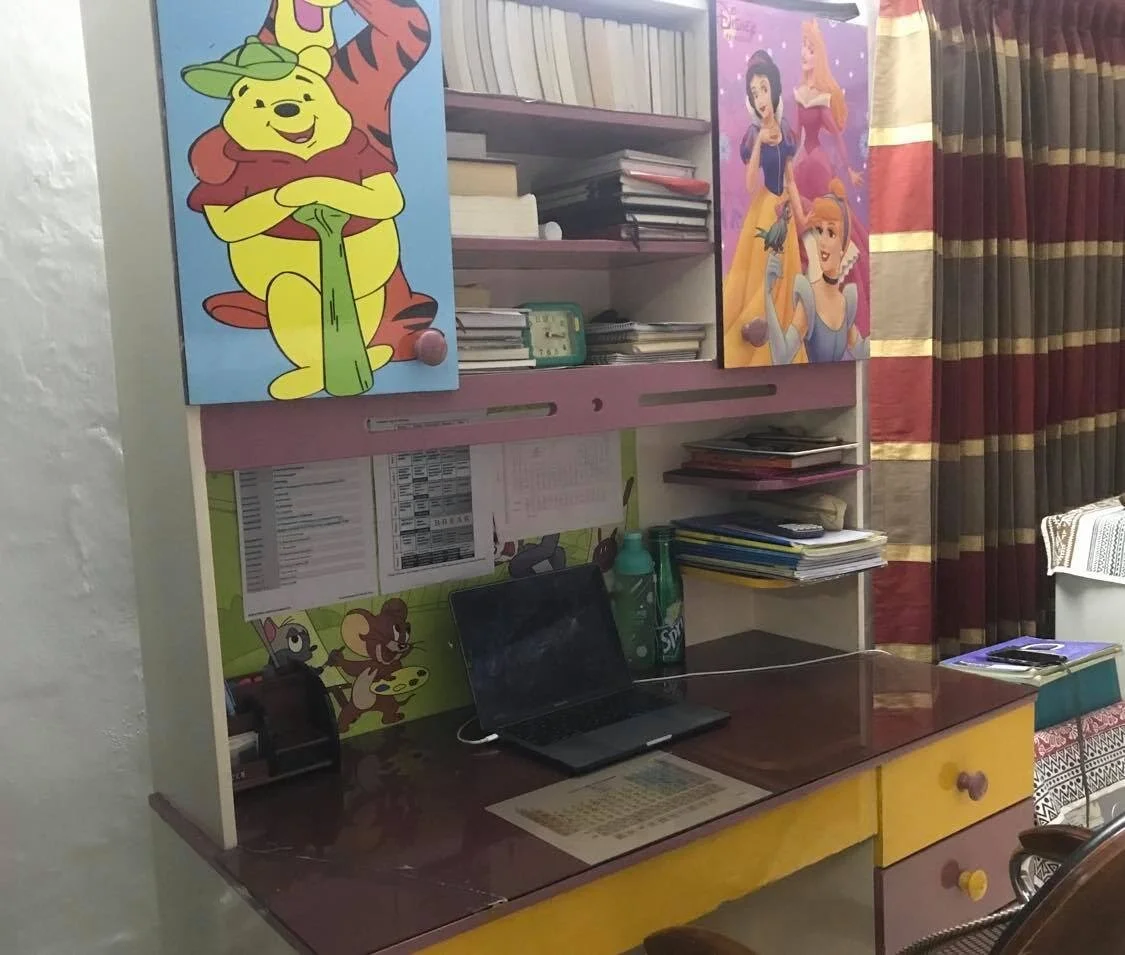When Mount Holyoke College closed its campus and switched to remote learning in March 2020, international students were encouraged to fly back home. Throughout the last academic year, international students have dealt with time differences interfering with online classes. In the face of this difficulty, some students chose to take a gap year or semester.
Snowball is inaccessible to international remote learners
Over the past year, the meaning of a normal college experience has changed drastically. What was supposed to be a time of meeting new people and making memories has transformed completely. The online college experience is devoid of interaction with peers beyond an educational setting, which is negatively impacting many students.
Japanese Language Tables Connects With Doshisha University
Due to the COVID-19 pandemic, the Mount Holyoke Japanese Language Table has adjusted to a virtual setting, which is different from their usual in-person format. Now, Mount Holyoke students are able to form new connections instead of just meeting with other Mount Holyoke students. The Associated Kyoto Program at Doshisha University is conducting the Japanese Language Table online to connect MHC students with the students at Doshisha University.
International Students Reflect on Why They Came Back To Campus
The spring semester saw Mount Holyoke College open up its campus for almost 60 percent of its student population, a move that prompted many students to make the journey back to South Hadley. Among this group were numerous international students, who chose to return to campus for stability in the online learning environment, a closer connection to campus and academic reasons, among others.
Scotland Becomes the First Country To Make Sanitary Products Free
Pictured above: Scottish Parliament. Photo courtesy of Wikimedia.
By Jocelyn Zhou ’23
Staff Writer
Scotland passed the Period Products Free Provision Bill on Nov. 25, 2020, to make sanitary products free to all who need them.
As The New York Times reported, under this legislation, the government will set up a countrywide initiative in collaboration with local authorities to allow anyone who needs period products to get them free of charge.
The bill aims to tackle the issue of “period poverty,” which refers to the inadequate access many have to sanitary products when they need them.
People who experience menstruation often regard it as a difficult experience because of poverty, homelessness, abusive relationships and some health conditions, according to The New York Times. Gender identity is also a barrier to access, as some transgender people cannot obtain sanitary products, especially given that they are statistically more likely to experience poverty, according to a report by the National LGBTQ Task Force. According to The Guardian, these disparities have only increased during the COVID-19 pandemic.
“I think this is great support for low-income [people] who can’t afford sanitary products,” Gerel Battogtokh ’21, an international relations major, said.
“I believe everyone who is in need of daily necessities like disposable sanitary products should have access to it,” Jamie Day ’22 said. “Making it free will stop users from having to compromise [for] their health and overall comfort.”
The Period Products (Free Provision) (Scotland) Bill requires local authorities and education providers to ensure period products are obtainable free of charge. The bill’s financial memorandum states that “it is intended to remove any barriers which stop women, girls and trans people accessing period products.” However, it will be up to local authorities to decide how and to whom these resources are made available — a discrepancy that may allow transphobia to make this distribution inaccessible.
According to NPR, the Scottish government has estimated the measure will cost 24 million pounds (about $32 million) a year.
After the vote, Nicola Sturgeon, Scotland’s first minister, remarked on Twitter, “Proud to vote for this groundbreaking legislation, making Scotland the first country in the world to provide free period products for all who need them. An important policy for women and girls.”
Two years ago, Scotland made another first by providing free period products in schools, colleges and universities through a government program.
“This can be really a good example for other developed countries [on] how to help marginalized women. [The] next step would be free contraception products,” Battogtokh said.
In response to the bill’s passage, Mount Holyoke students reflected on their experience of obtaining free sanitary products in school.
“I have seen free access to sanitary products provided in the MHC bathrooms and appreciate the College’s efforts in making sanitary products available to everyone. MHC seems to be aware of the different backgrounds of each student and [evens] the [gap] in terms of availability to resources, and I admire that,” Day said.




